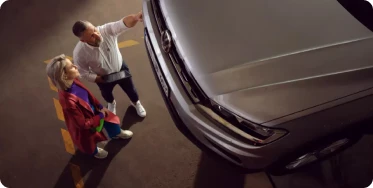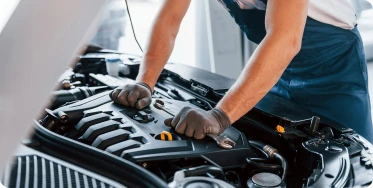
At Wexford Volkswagen we offer the highest level of service in our workshop.
What We Do
Your vehicle will be serviced by our fully trained technicians.
Book a Service
Our mechanics can carry out work on all makes and models of vehicles.
Book a Service
Personalise your vehicle, with genuine vehicle accessories.
Enquire Now